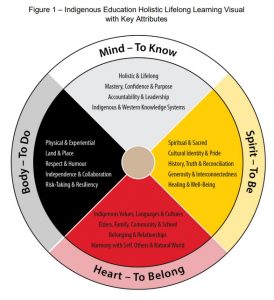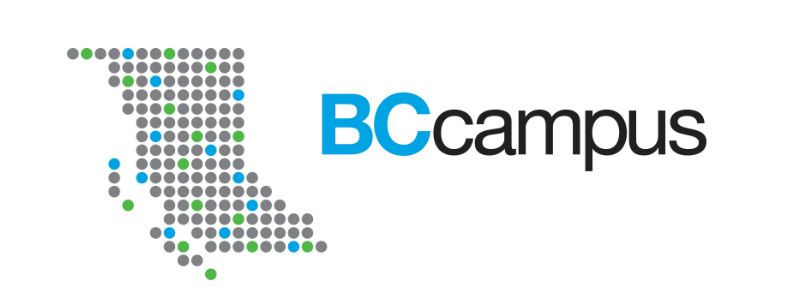The Calgary Education board published a guide in 2022 called the Indigenous Education Holistic Lifelong Learning Framework with the extensive support of Elders and Knowledge Keepers of the Piikani, Kainai, Metis, Tsuut’ina, Stoney Nakoda, Kahkewistahaw, Muskoday and Siksika Nations.
The guide clearly states it is “not a how-to guide for Indigenous Education or a recipe for closing gaps” and instead is a foundation where we can “meaningfully position and deepen our individual and collective knowledge, decision, and actions to meet the holistic needs of all students.”
This guide is interesting to my research because the approach, though from a very high-level school board, is meant to adapt to include Indigenous students, but does not single them out. Instead, they use holism, and Indigenous worldview, to attend to all students’ spiritual, emotional, physical, and intellectual needs. They use the medicine wheel to visualize the framework.


